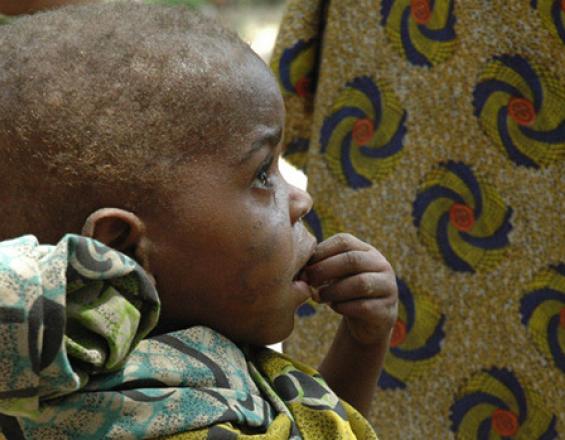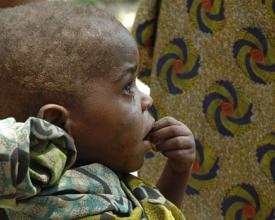National Recognition of Local Traditions: Recognising ICCAs in DRC
Snapshot Solution

A child eating wild fruits in Bakbale, Democratic Republic of the Congo © IUCN / Intu BOEDHIHARTONO
This project seeks to demonstrate the local and global benefits of legally recognising indigenous peoples’ and community conserved territories and areas (ICCAs) in natural resource management. ICCAs combine biodiversity conservation, sustainable development and the pacification of conflicts around existing protected areas and this initiative seeks to lobby for their legal recognition within the national law
Last update: 05 Oct 2020
2999 Views
Impacts
• Following a detailed road map outlining the steps that will lead to the identification of ICCAs, appropriate strategies are developed for each site to ensure effective management
• The identification of 3 ICCAs denotes a step towards diversification of governance systems of PAs, in line with traditional knowledge of local stakeholders, and these sites are now fully recognized by the national institution in charge of nature conservation in DRC, the ICCN and as a result can be included in DRC future national biodiversity conservation strategies
